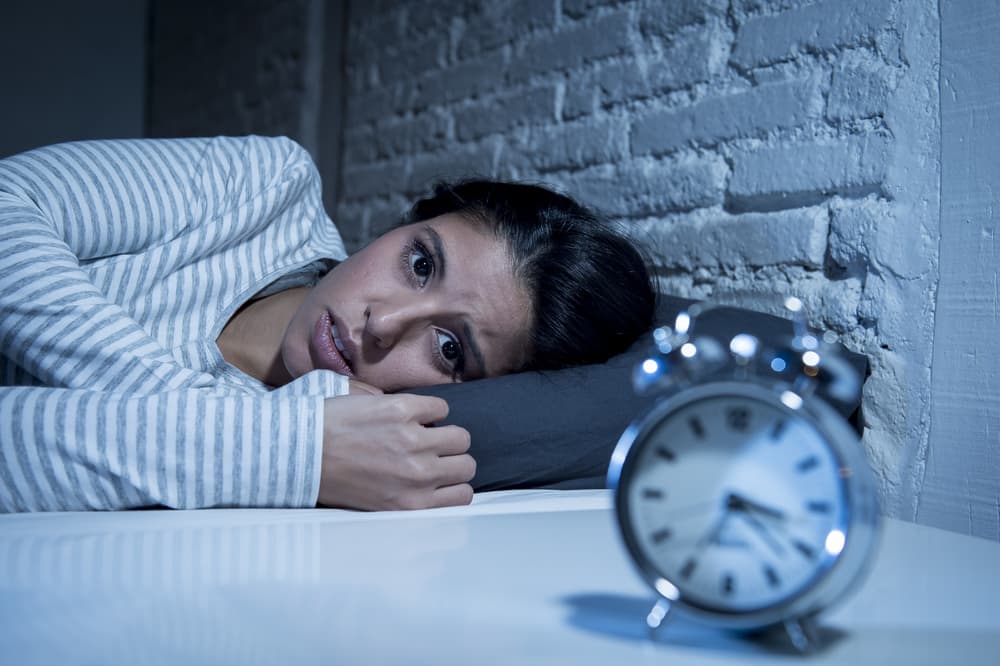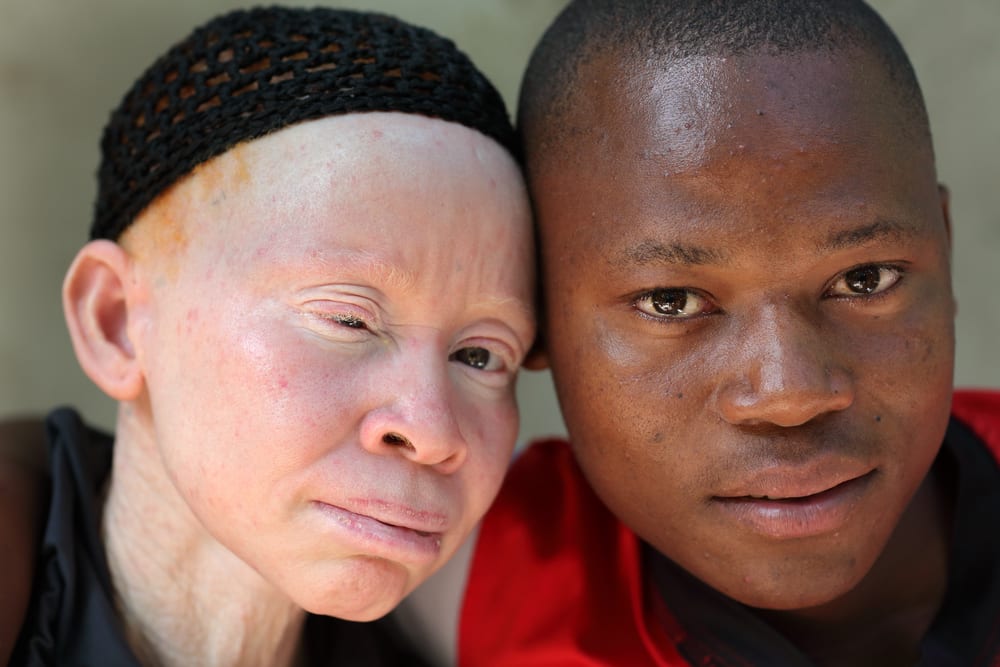Contents:
- Medical Video: Causes and Effects of Climate Change | National Geographic
- Rising temperatures can cause a person to have trouble sleeping
- 3 things you should avoid if you want to sleep well
- 1. Avoid heavy foods before bedtime
- 2. Avoid coffee or smoke before going to bed
- 3. Avoid working or watching TV in the bedroom
Medical Video: Causes and Effects of Climate Change | National Geographic
The National Sleep Foundation recommends sleeping 7 to 9 hours every night. Sleeping properly and sufficiently can increase the strength of one's memory, and is useful for fighting brain aging early. However, according to a recent study, rising temperatures at night as a result of climate change affect the quality of human sleep. How can climate change make it difficult for a person to sleep?
Rising temperatures can cause a person to have trouble sleeping
If you live in a big city and try to sleep well in a fanless or air-conditioned room, you will understand how difficult it is to sleep well with a sweaty body.
Research conducted by Nick Obradovich of Harvard University found that as global temperatures continue to increase each year, it can increase incidence (description of the frequency of new sufferers of a disease found at a certain time in a community group) insufficient sleep or lack of sleep.
Sleep deprivation is very important to understand because inadequate sleep can be associated with a weak immune system, metabolic dysfunction and psychological health. This can eventually cause problems such as cardiovascular disease, diabetes, and depression.
The study involved 765,000 residents in the United States who were randomly selected by the Centers for Disease Control and Prevention Behavioral Risk Factor Surveillance Survey (BRFSS). This study looks at the conditions of temperature, geographical location, and also the time to get accurate results.
From research data collected, sleep deprivation or difficulty sleeping greatly increases in the summer. This is related to the temperature which increases to heat at night. When the temperature rises at night, the participants of this study experienced difficulty sleeping.
Those with low incomes and the elderly are the ones most affected by lack of sleep due to changes in temperature. This study complements previous studies that found a relationship between temperature and human health. This study states that the ideal temperature for sleeping soundly is 22-23 degrees Celsius.
3 things you should avoid if you want to sleep well
Well, if you manage to overcome the temperature in your home in your own way, but it is still difficult to sleep, maybe you should avoid the following things.
1. Avoid heavy foods before bedtime
Heavy food will make your digestive system work hard. Eating heavy foods before bedtime can make your food rise easily. Also avoid eating spicy and sour foods before going to bed. Instead your stomach feels burning and you can't even sleep. If you are hungry at night, eat small meals, such as biscuits, cereals, or milk. These snacks can actually make you more relaxed. One more thing, limit meal time, which is better at the latest one hour before going to bed.
2. Avoid coffee or smoke before going to bed
Coffee contains caffeine which can make you difficult to sleep. If you force yourself to sleep, you can wake up several times at night. This makes the quality of your sleep decrease and reduce sleep time. The effects of nicotine on cigarettes are the same.
3. Avoid working or watching TV in the bedroom
Avoid working in bed so your mind can relax. You are also encouraged to 'forget' for a moment the thoughts that have to do with work, deadlines, or exams. Get rid of the laptop from the bed or you can be tempted to surf in cyberspace and finally use bedtime to go online. The thing that should also be avoided is watching TV in the bedroom.












